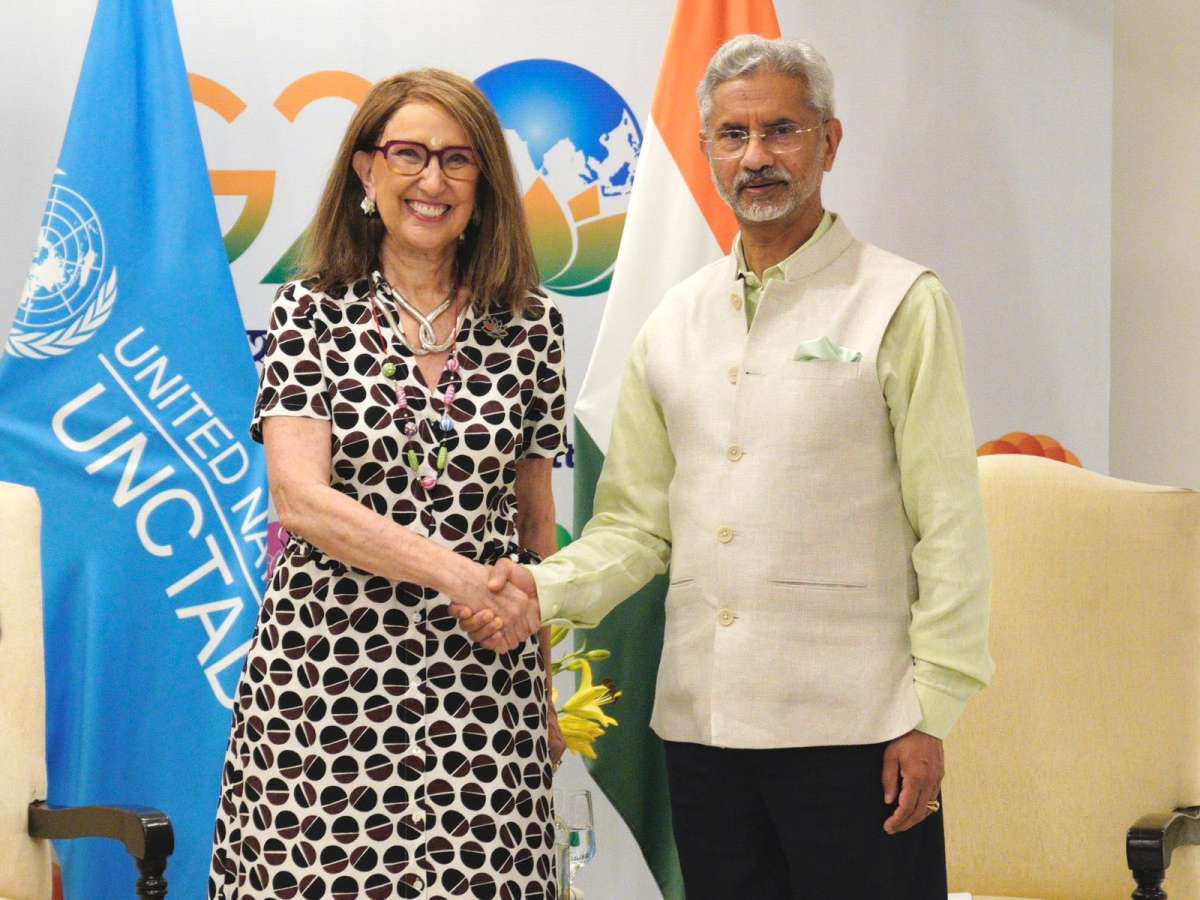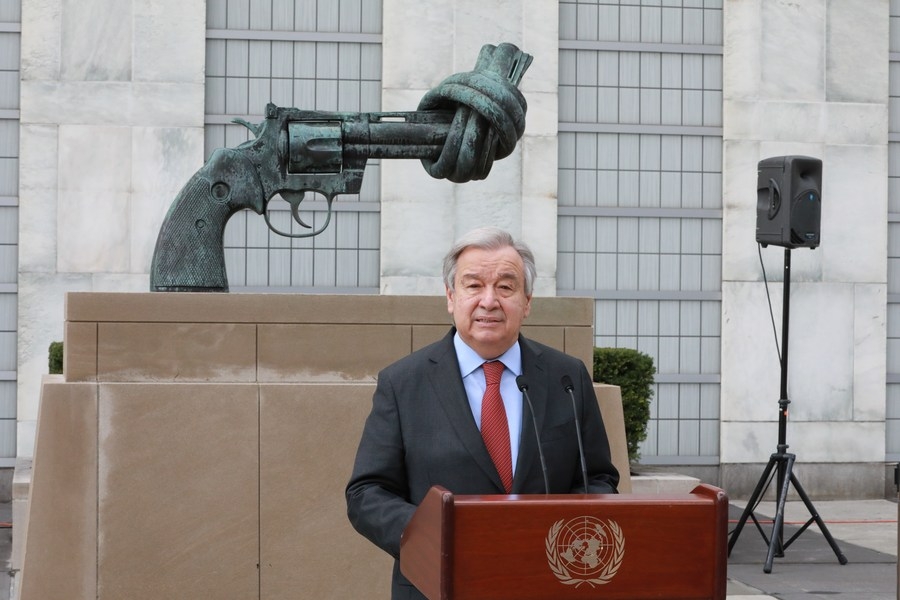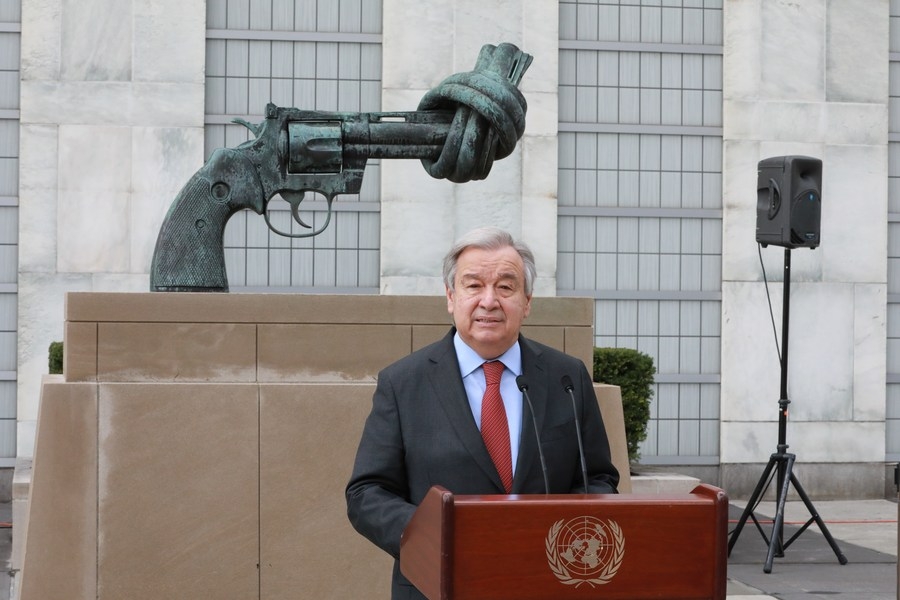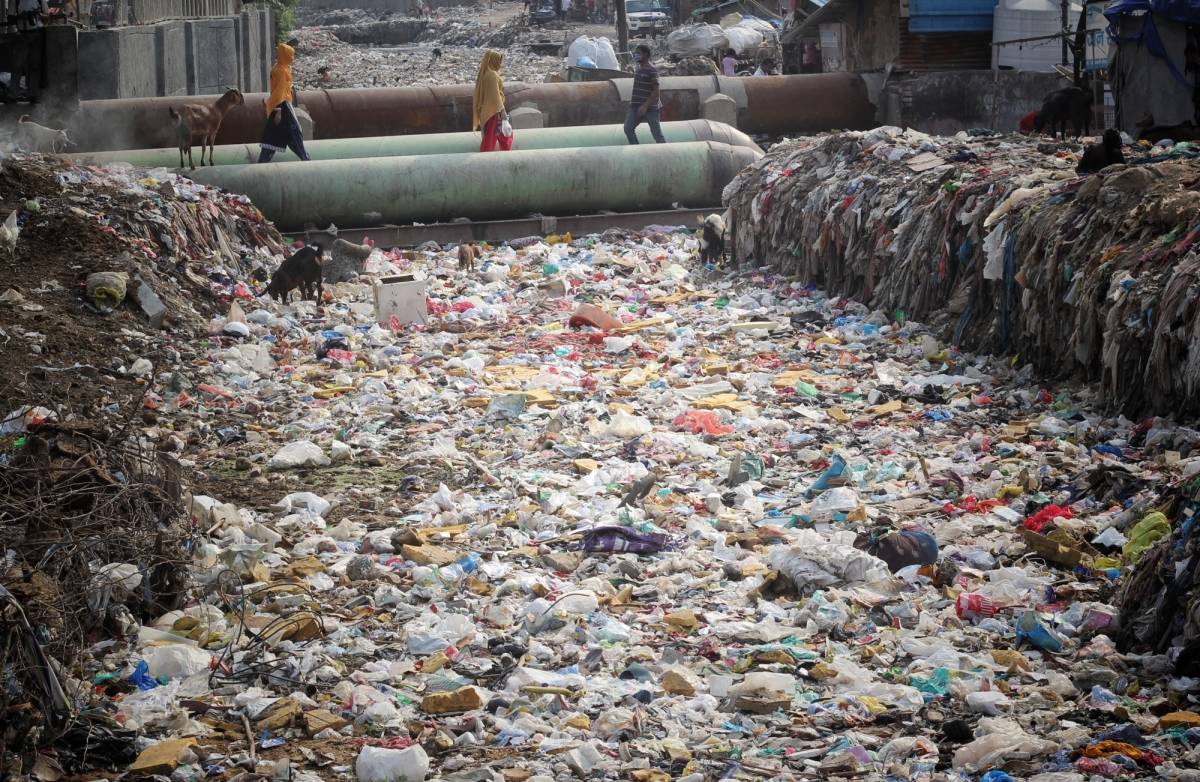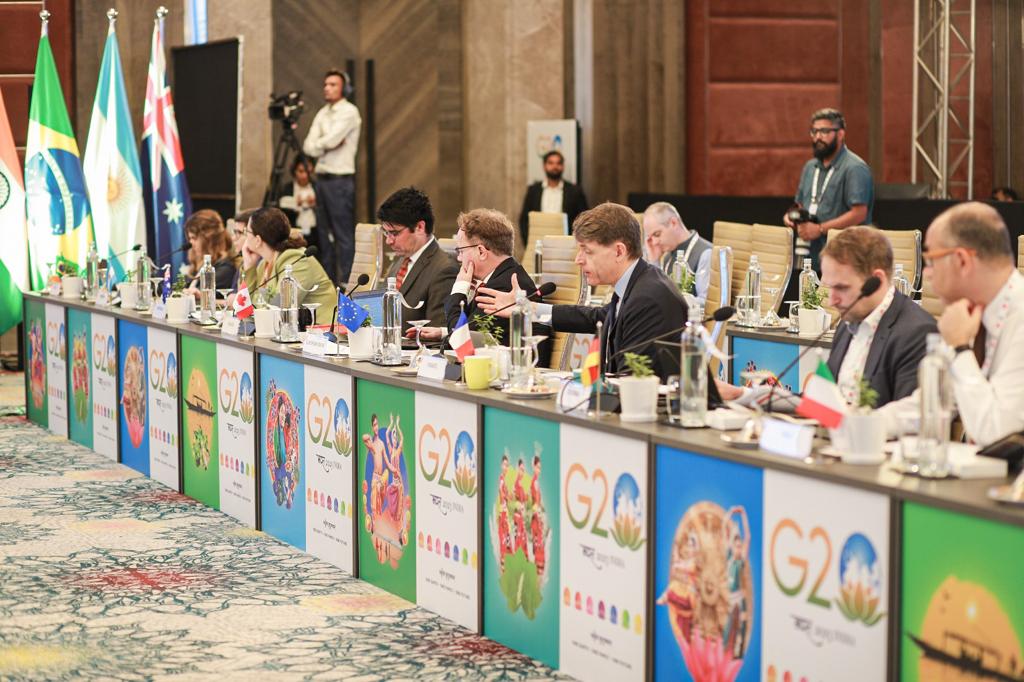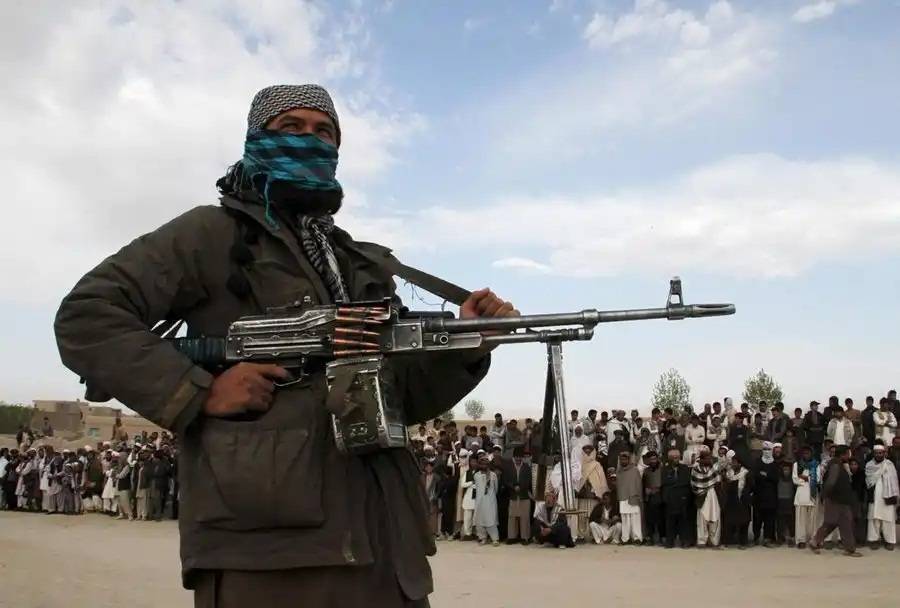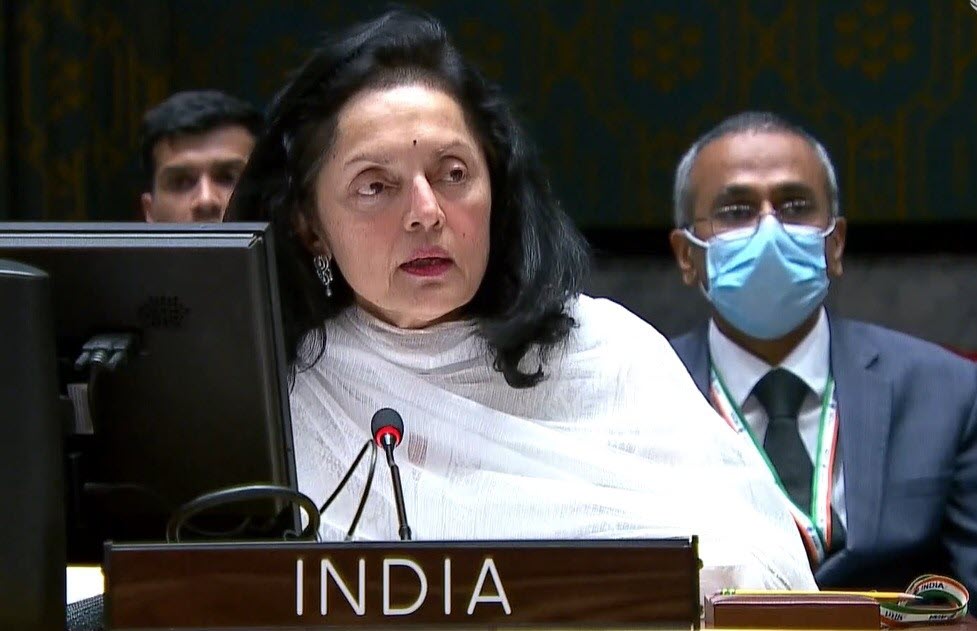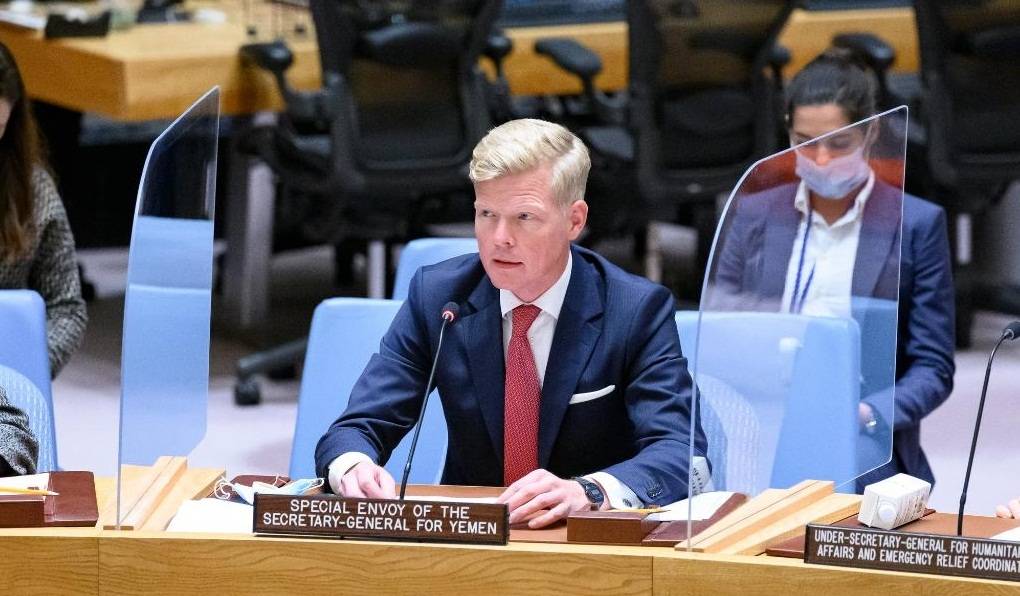The UN trade chief and EAM agreed that “G20 plays an important role in alleviating concerns of Global South.”…reports Asian Lite News
External Affairs Minister S Jaishankar on Sunday held meetings with various dignitaries on the sidelines of the G20 development ministers’ meeting in Varanasi.
“A good meeting with Secretary General of UN Conference on Trade & Development, Rebeca Grynspan on G20DMM sidelines,” Jaishankar tweeted after meeting Grynspan.
Global South. Will also work closely to ensure the advancement of SDG goals,” he tweeted further.
He also met Australian development minister Pat Conroy on the sidelines of the meeting.
“Glad to welcome Australian Development Minister Pat Conroy in Varanasi for the G20DMM. Naturally, we spoke about PM Narendra Modi’s recent visit to Australia. Also discussed how our two countries can cooperate on development issues in the Pacific,” Jaishankar said.
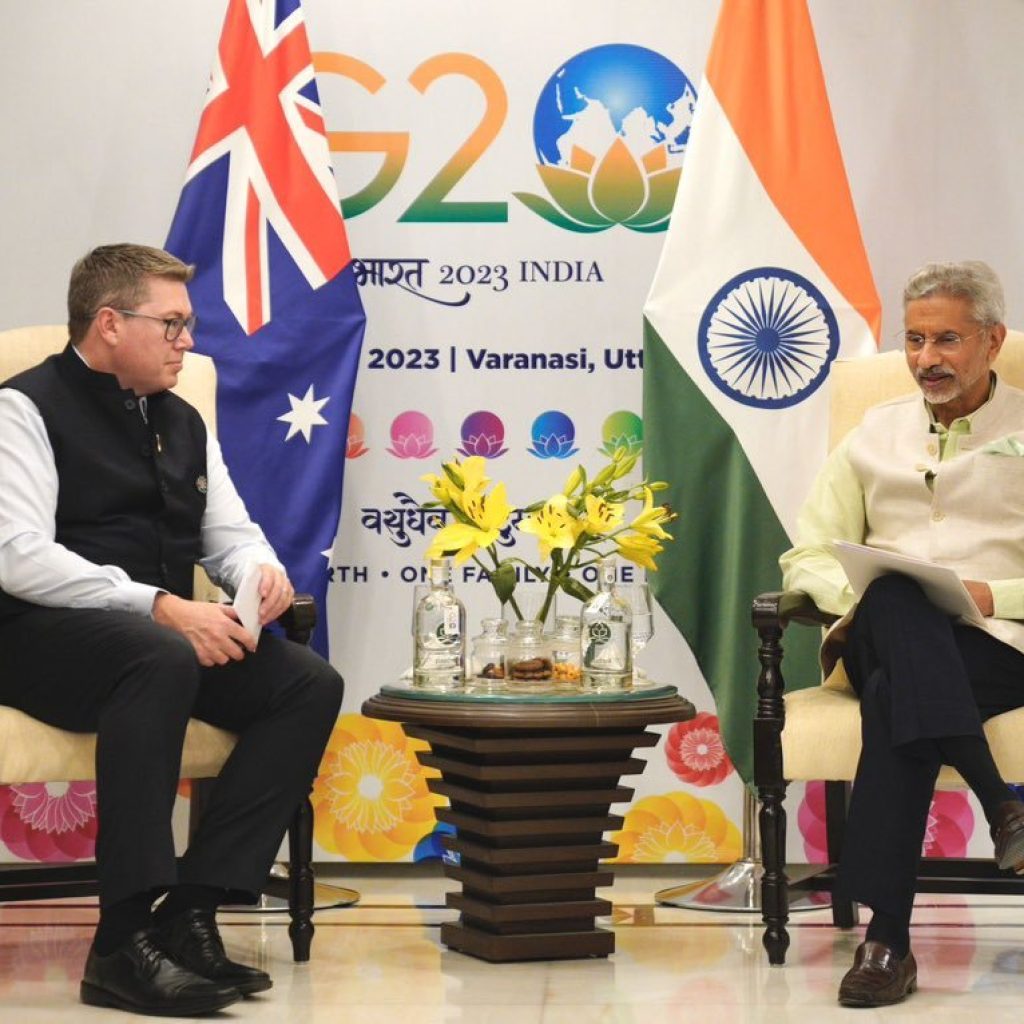
The event that began on Sunday will continue till June 13.
The meeting is held as part of India’s G20 Presidency, will also see a special video address by Prime Minister Narendra Modi today, the Ministry of External Affairs said. Jaishankar will chair the G20 Development Ministers’ Meeting scheduled between June 11-13 and a total of 200 delegates are expected to attend the meeting.
The Development Ministers’ Meeting in Varanasi takes place in the midst of mounting developmental challenges that have been made worse by the slowdown in the global economy, debt distress, the effects of climate change, pollution, and biodiversity loss, rising poverty and inequality, the cost of living crisis, supply chain disruptions around the world, and geopolitical tensions and conflicts.
The G20 Development Ministerial meeting is an opportunity to collectively agree on actions for accelerating the achievement of the Sustainable Development Goals (SDGs) and fostering synergies between the development, environment and climate agendas while avoiding costly trade-offs that hold back progress for the developing countries, the Ministry of External Affairs stated in its release.
The Varanasi gathering follows the Voice of the Global South Summit, which was hosted by India in January 2023.
The decisions made at the Varanasi meeting will also have an impact on the United Nations SDG Summit, which will be held in New York in September.
Further, according to the official release, the meeting will consist of two main sessions — one on ‘Multilateralism: Collective Actions for Accelerating Progress towards SDGs’ and another on ‘Green Development: A LiFE (Lifestyle for Environment) Approach’.
Delegates from Brazil, Germany, Japan, Indonesia and China on Sunday arrived at the Varanasi Airport. Delegates experienced the culture of Varanasi and attended Ganga Aarti at the city’s Dashashwamedh Ghat yesterday.
Delegates to the G20 Development Ministers’ Meeting along with the EAM Jaishankar took part in the Ganga Arti ritual at the Dashashwamedh Ghat in Varanasi on Sunday evening. Jaishankar led the delegates on a cruise ride and sightseeing of the ghats.
Earlier, they were welcomed in a traditional way at Namo Ghat. Seeing the cultural artists dance, the delegates also shook a leg. Following this, they boarded the cruise vessel and reached Dashashmaved Ghat. During the Aarti, there was a special Shankhnaad for the guests.
At the G20 Development Ministers’ meeting in Varanasi a new roadmap for the development of global agriculture in 20 developing countries of the world including India will be prepared.
Agricultural scientists from all nations will brainstorm on the issues of agriculture, agricultural education, research etc. in the G20 meeting.
The Varanasi Development Ministers’ Meeting takes place in the midst of mounting developmental challenges that have been made worse by the slowdown in the global economy, debt distress, the effects of climate change, pollution, and biodiversity loss, rising poverty and inequality, the cost of living crisis, supply chain disruptions around the world, and geopolitical tensions and conflicts.
The G20 Development Ministerial meeting will be an opportunity to collectively agree on actions for accelerating the achievement of the Sustainable Development Goals (SDGs) and fostering synergies between the development, environment and climate agendas while avoiding costly trade-offs that hold back progress for the developing countries, the statement added. (ANI)

